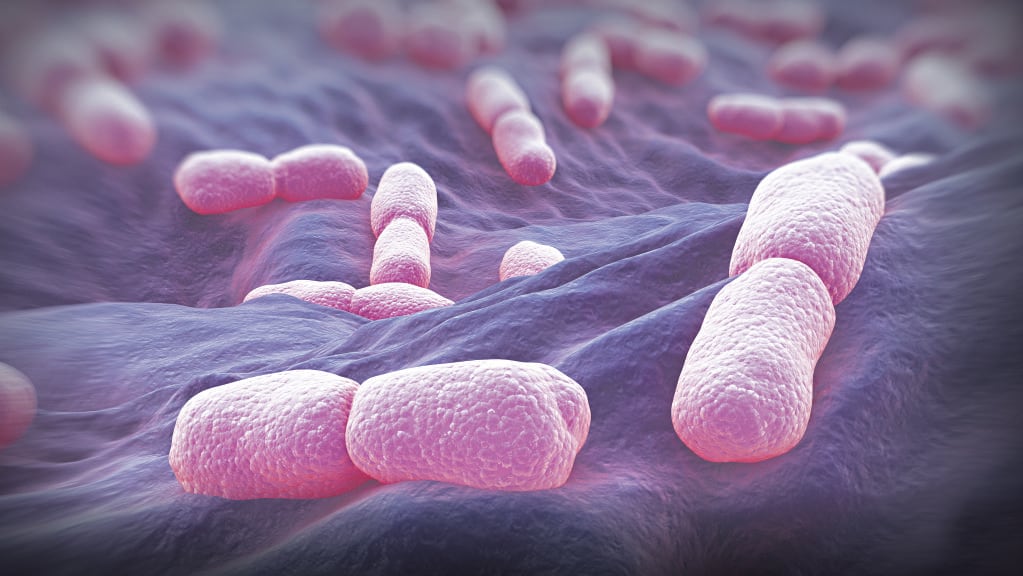- Advertisement -

Popular
Norovirus Prevention
Norovirus is a highly contagious virus and the most common viral foodborne illness. Norovirus infection is acquired by consuming produce (fruit and vegetables) irrigated with contaminated water contaminated with human or animal feces - or shellfish farmed or harvested in water contaminated with human sewage. Because only a few norovirus particles can make people sick, infection can also occur by consuming food handled by a person infected with the virus - or being in direct contact with an object, surface, or person that has been infected.
Tailgate Party Food Safety
Because tailgate parties are an all-day food grilling and feast, there is an increased risk of foodborne illness. Cooking outdoors presents a food safety challenge. Not not only does bacteria multiply faster in warmer temperatures, but preparing food outdoors makes safe food handling more challenging. Every good tailgate party starts with a good game plan - that should include food safety.
Harmful Foodborne Bacteria
Bacteria are a member of a large group of unicellular microorganisms - some of which can cause human disease. Although most bacteria are harmless or often beneficial, some bacteria are pathogenic, or those that can pose a threat to human health or cause illness. Bacteria and viruses are responsible for most foodborne illnesses and are the biggest threat to food safety.
Food Safety Education for the Family
Have a conversation about food safety with you children – no matter the age. Basic discussion topics can make a big difference in understanding and preventing a food illness. Follow basic food safety principles and procedures to help keep you and your family safe.
Grilling and BBQ Food Safety
Summer months brings out everyone's barbecue grills. But, in warmer temperatures - additional food safety care must be taken because bacteria multiply faster. Following a few simple principles and guidelines can prevent a food illness.

























